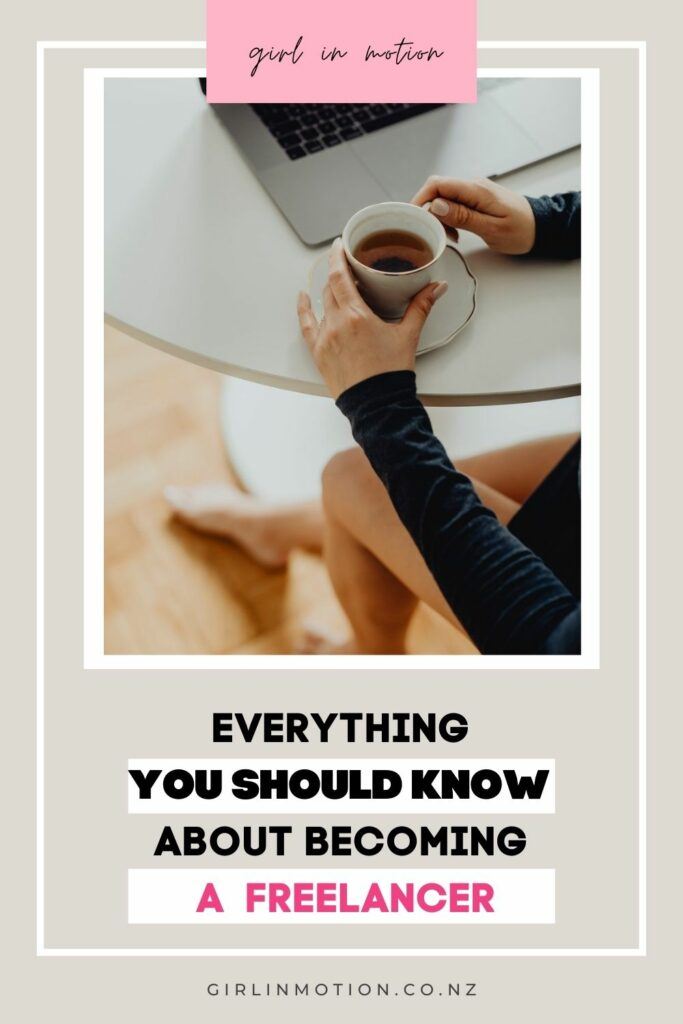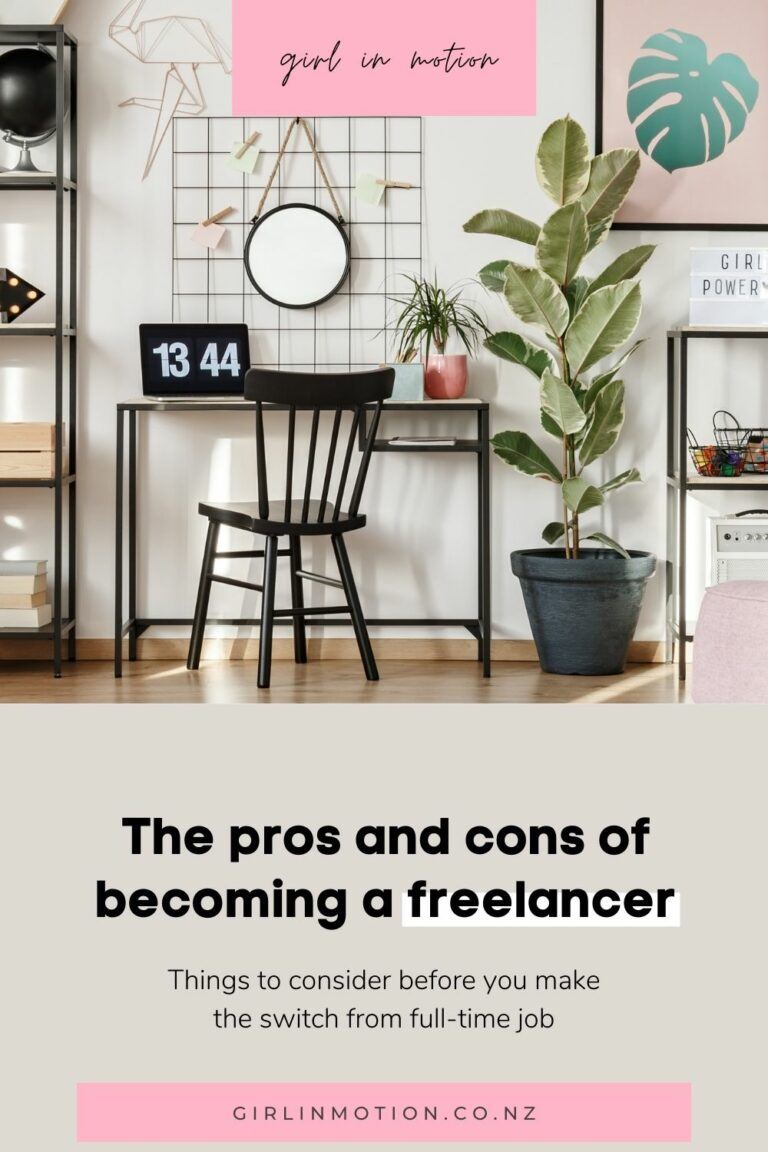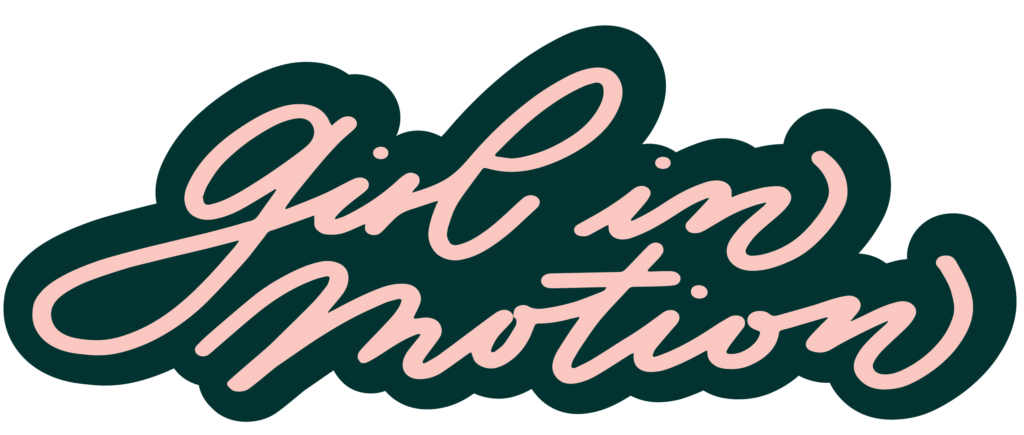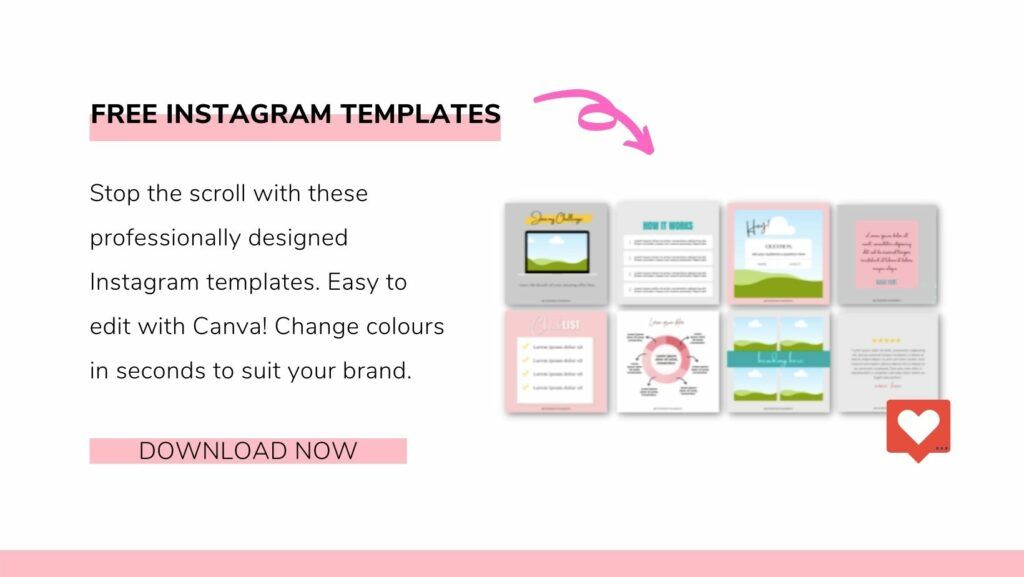
I love the freelance way of life and the freedom that comes with it. However, there are some disadvantages to saying goodbye to your status as an “employee”.
In this article, I will talk to you about freelancing pros and cons based on the lessons I have learnt in these 6 years working on my own. Read on for details!
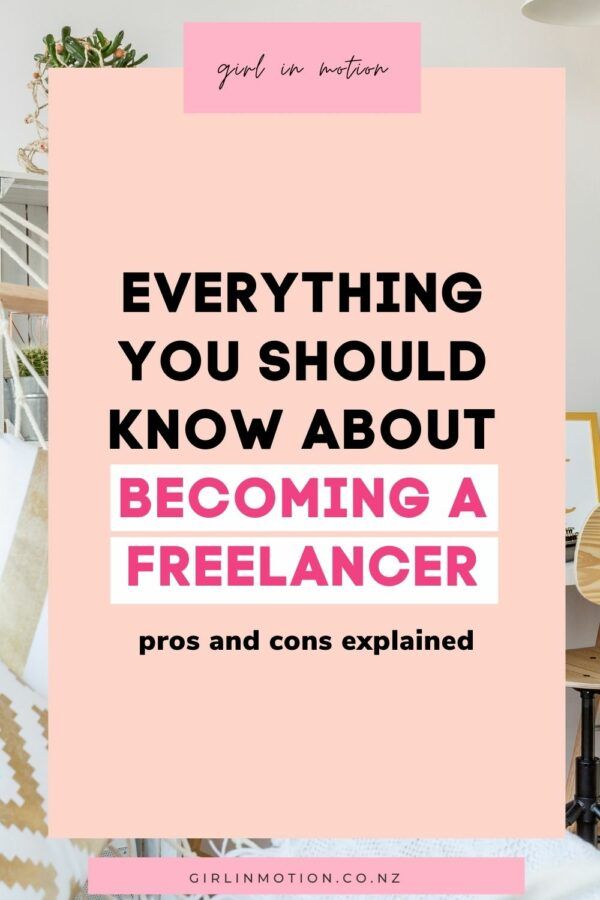
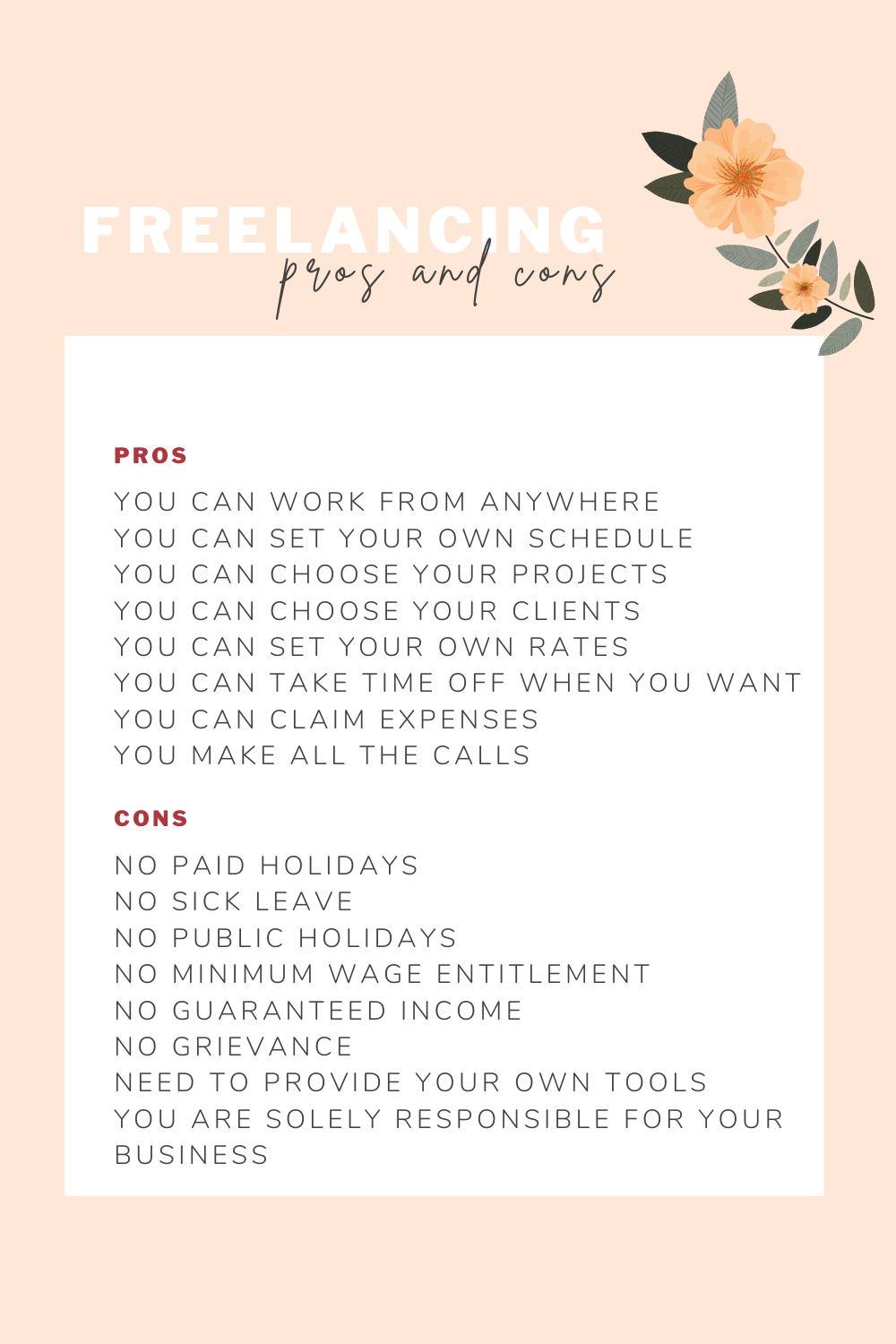

What are the negatives of freelancing?
No paid holidays: forget about that nice feeling of getting paid while sitting on the beach. Freelancers are not entitled to holiday pay, so you will need to budget wisely to plan your next vacation.
No paid sick leave: freelancers don’t enjoy the privilege of paid sick leave. Of course, you can decide not to work if you are sick, but your clients won’t pay you unless you work.
No public holidays: prepare to say goodbye to those glorious 3-day weekends. You will miss on that awesome high all employees get on a Friday before a long weekend (the good news is that you will also skip the back to word dread on Monday night!)
No minimum wage: minimum wage entitlements don’t apply to contractors. This won’t matter as you will set your own rates which should be on par or higher than the minimum wage.
No steady paycheck: employees are paid a regular salary, month to month. Freelancer’s income can vary from one month to another depending on their workload.
No grievance: employees can raise a complaint against a current or former employer (for example for unjustifiable dismissal), but this does not apply to freelancers.
You are solely responsible for your business: this means that you will be in charge of marketing, accounts, creating contracts, designs, admin, and so on. (This can be a pro or a con, depending on how you see it!)
You need to provide your own tools: when you are an employee, your company will give you everything you need to do your work, such as a laptop and (if you are lucky) even a comfy ergonomic chair. When you are a freelancer, you are responsible for these things, which not only means that you need to purchase them, but it also means that if your computer breaks, you will need to pay the repair bill.
It can get lonely: some people miss the social aspect of working in an office. As a freelancer, you not only miss out on your paid-for Friday drinks, but it also means that there is no one to brainstorm when there is a problem or to celebrate a win.
What I love the most about freelancing
Freelancing gives you the freedom to design your ideal working lifestyle, whatever this means to you! It may be to have the option to work from home while your little ones nap or the flexibility of making money from a tropical beach.
When I started freelancing, I travelled overseas and thoroughly enjoyed the digital nomad lifestyle. After I had children, what became more important was the flexibility of being home with my little ones while also making money from home.
A smooth transition to self-employment
Freelancing is an excellent way to start making money outside of your 9-5 job without the need to quit your job right away. Freelancing allows you to start building your business slowly, without drastic moves.
Back in 2014, I knew it was time for me to change the way I was working, but I wasn’t quite ready to quit my full time job. Freelancing writing seemed like the perfect compromise, as it allowed me to start making a side income while I kept the safety net of my full-time employment until I was ready to make a full switch.
No investment
The other good thing about freelancing is that you generally don’t need to spend money to get started. You may want to invest in some training or a better laptop, but generally speaking, all you need is yourself, your computer, and Wi-Fi to start making money online.
Is freelancing right for you?
Only you can answer that question! You should take in consideration the freelancing pros and cons that I have outlined in this article and assess how they would impact your personal situation.
If you are craving more freedom and want the flexibility to work from home, I would suggest that you give freelancing a go. It may feel scary to give up your full-time salary, but the payoff is huge!
Want some help to get you started? Send me an email and let me know. I would love to hear more about your story
WANT MORE? If you want more resources to help you ditch the 9-5 and start your own biz, you can read these articles:
- How to conquer the fear of starting a business
- How to find the time to start a business
- Step by step guide to starting your own business
You can also download my FREE new business workbook to help you get started!
